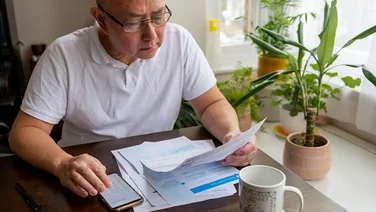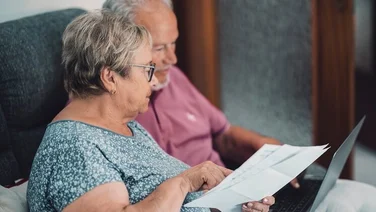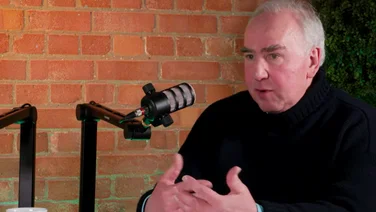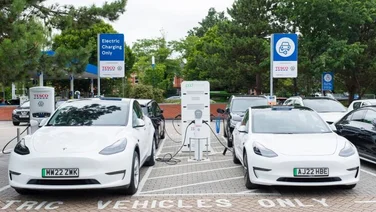We receive a small fee from trusted installers when you request a quote through our site. This helps us keep our content independent, well-researched and up to date – Learn more
- Chancellor is reportedly looking at removing VAT to cut bills
- Policy has been criticised for being “regressive”
- Government should expand Warm Homes Discount instead

Chancellor Rachel Reeves is reportedly planning to cut VAT on household energy bills when she delivers her Budget in November, in a move that would potentially save billpayers £86 a year.
According to The Telegraph, Reeves told Cabinet that she is looking at ways to bring down costs, including cutting the 5% VAT on domestic energy.
It comes as government departments have been put under pressure to help households ahead of the winter, when energy bills will likely be higher, and at a time when the Labour is struggling in the opinion polls.
On top of the potential cut to VAT, Reeves has reportedly told Cabinet that ‘nothing is off the table’ when she presents the Budget on 26 November, including a cut to ‘green levies’, added energy costs which mean electricity is four times more expensive than gas.

Get free solar panel quotes
Answer a few quick questions, and our trusted installers will send you bespoke solar panel quotes – for free.
Will cutting VAT bring down bills?
Yes, but there are other things Reeves and the government should be doing to cut energy costs. The rumours that VAT is set to be cut has been criticised, with financial tech company VATCalc describing it as “blunt and regressive”.
This is because VAT is charged on consumption, so households that spend more on energy, which would likely be wealthier people in larger homes, would benefit the most, with families in smaller houses getting less.
Richard Asquith, CEO of VATCalc, said the policy could potentially “direct more financial benefits towards higher-income households who are least likely to be struggling with energy bills”.

Get free heat pump quotes
Answer a few quick questions, and our trusted installers will send you bespoke heat pump quotes – for free.
Rather than rely on a VAT cut to bring down energy costs, Asquith suggested the government should look at expanding the Warm Homes Discount, a scheme that offers a £150 discount on winter energy bills.
If you’re interested in finding out more about government grants for solar panels, read our guide.
As well as that, Asquith said the government should increase its energy efficiency investments, saying in the long term the most “sustainable way to reduce bills is through lowering demand”.
“Expanding funding for insulation, heat pumps, and home retrofits could permanently reduce household bills while advancing climate goals,” he explained.









